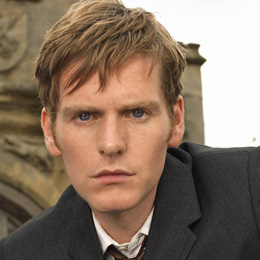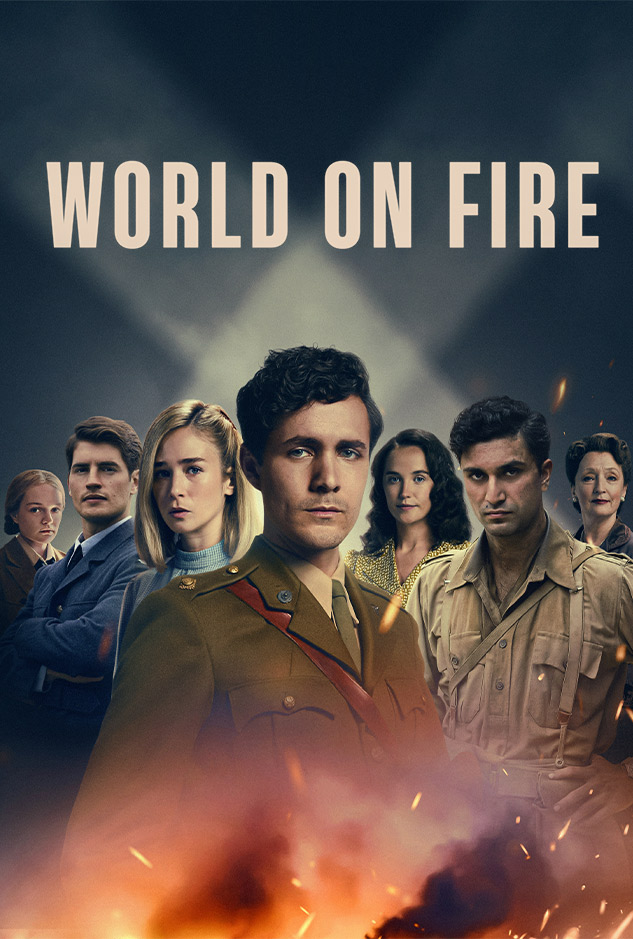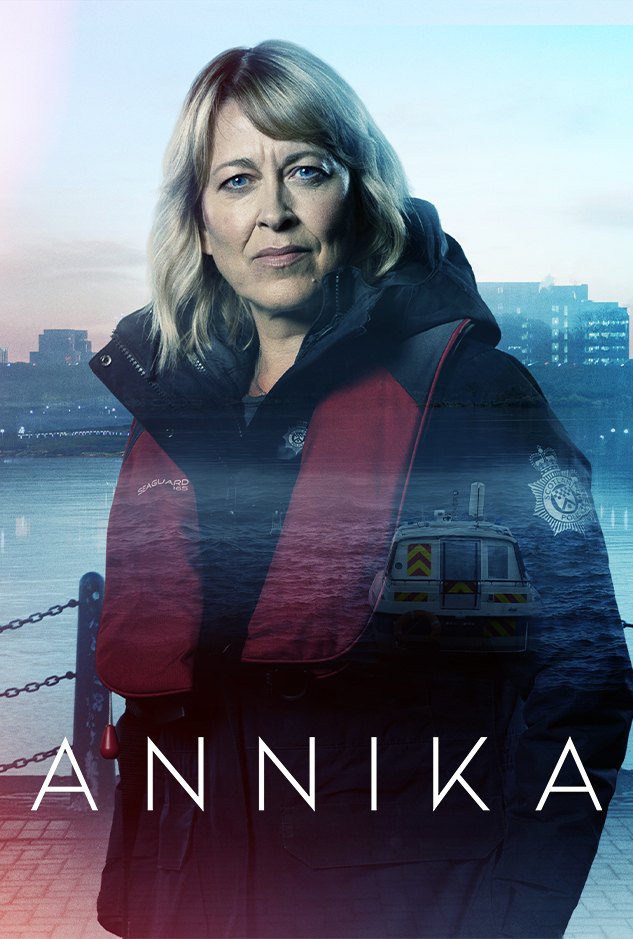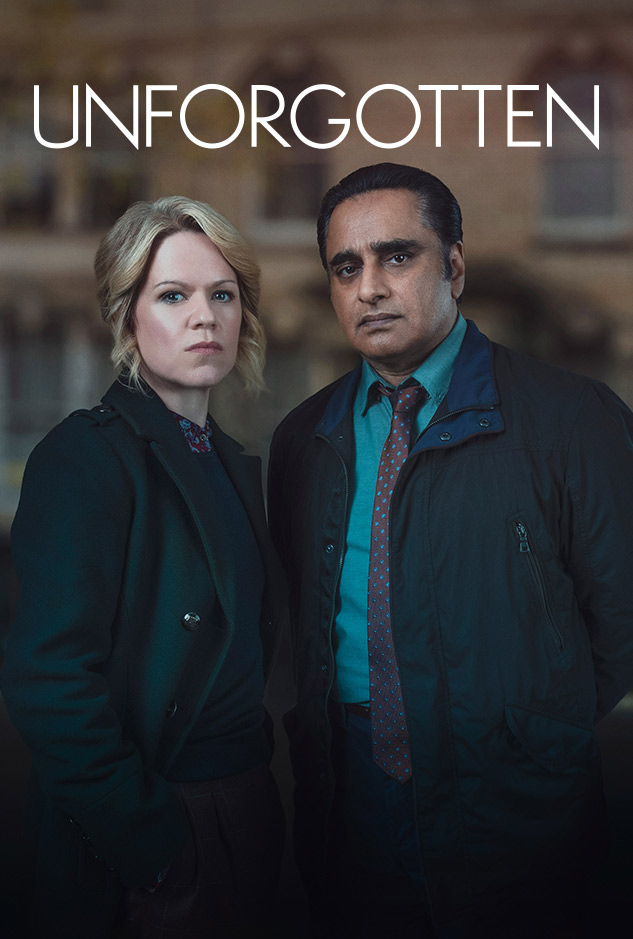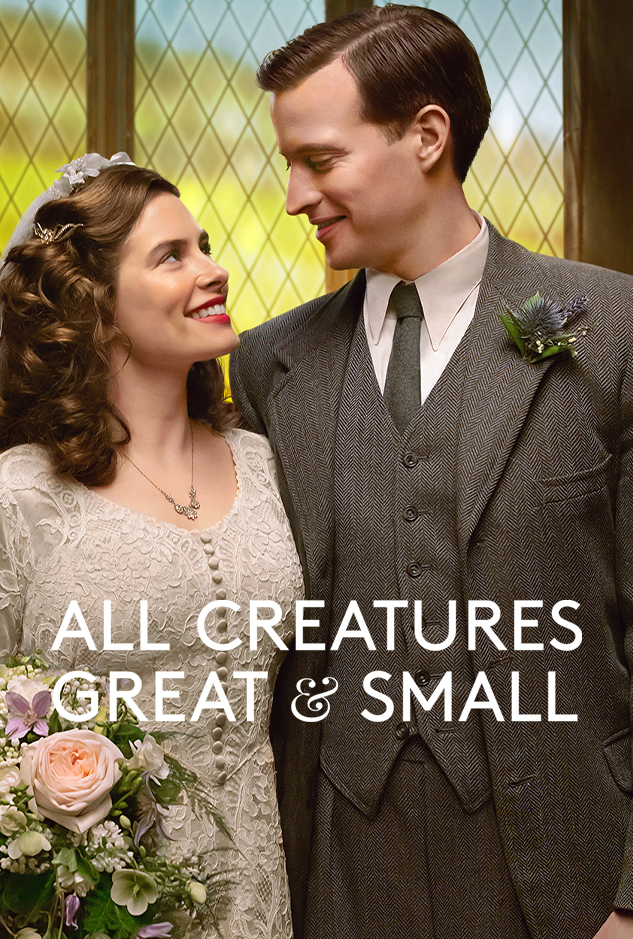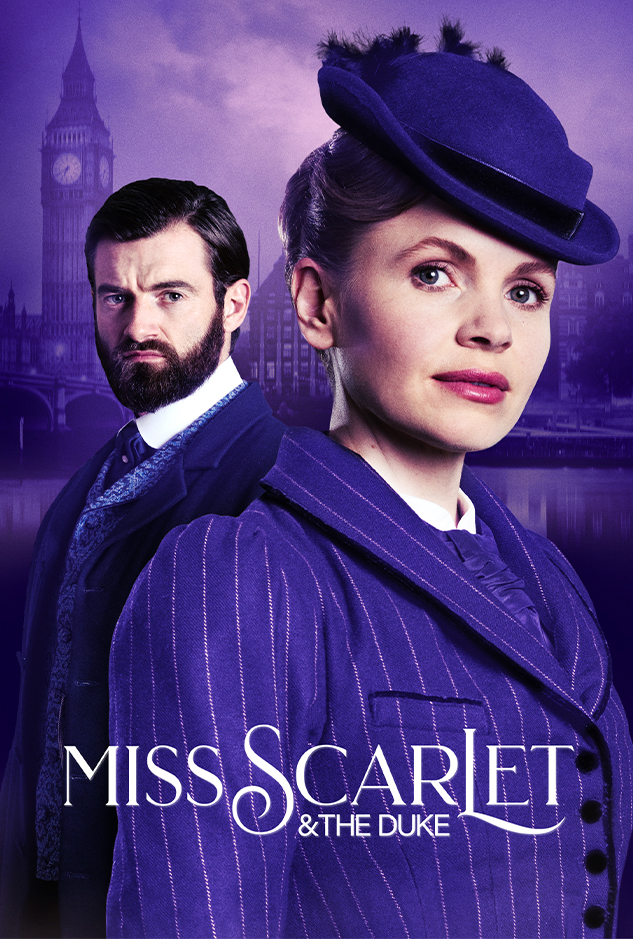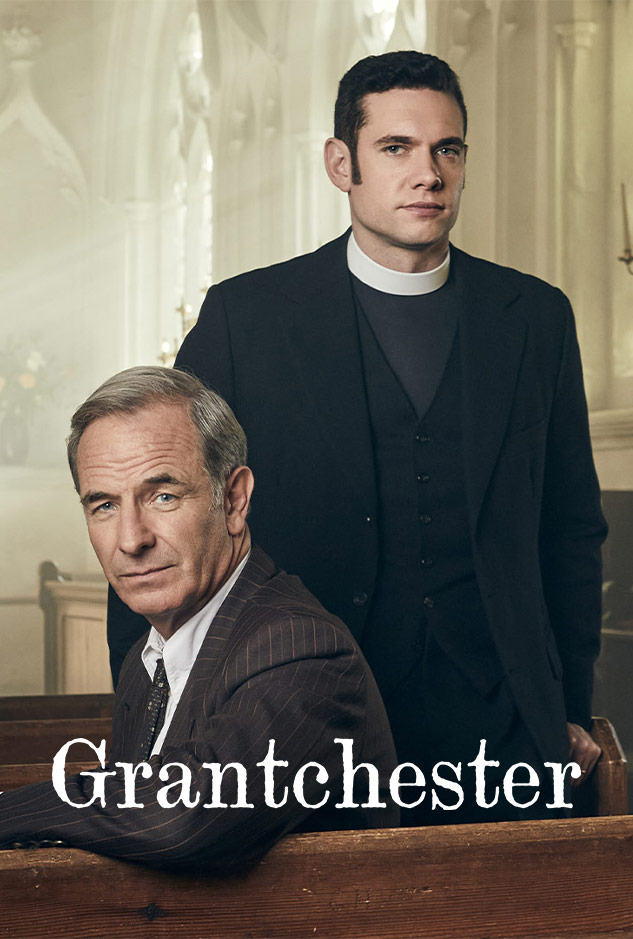Shaun Evans Interview: Endeavour, Evolving
Find out Shaun Evans’ take on where Endeavour Season 7 leaves off, the operatic, unattainable love story, the fate of his character, and the joys of filming and directing in Venice.
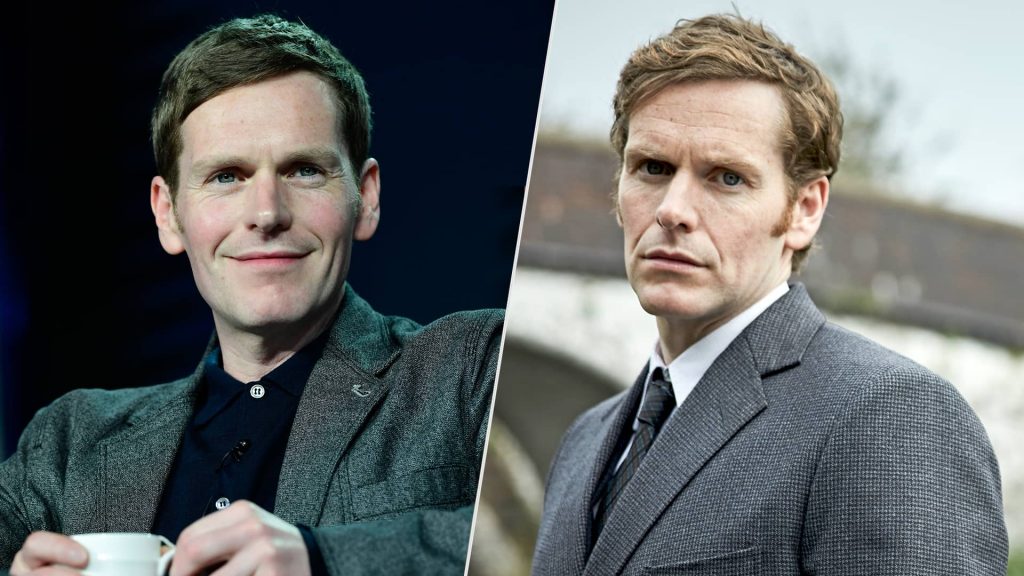

Right before our very eyes, Morse is changing from a generous, principled young adult, into a more cynical, hardened man. Can you talk about his journey over time?
One of the terrific things about long form TV is that you do get to stay with the character and see them evolve, and allow them to evolve, as well. What’s unique about this situation is that because we know where this character ends up, we have an ending point that we have to work towards. One of the joys for me and the rest of the team is how we plot that, how we navigate that course from a coming of age story, [and] turn this fresh faced, green, young man into the character that people know and love from the previous series. So how you do that, whilst also making it satisfying, so that this whole series and set of stories can also stand alone, if that be so?
It’s about relationships, really: your relationship to the job and your level of acceptance that this is where you are, this is the person you’re going to be for the future. You’re not going to be leaving Oxford—you’re a policeman, you’re a detective, and so embrace that, but all of what that includes, as well: dealing with people who are dead, who are being killed. And then also, your relationship with your peers, especially with Thursday, who is something of a father figure to him—how that changes as the character himself grows and becomes a man. It’s also that thing where you see your parents as fallible. You see the mistakes that he’s made and instead of biting your tongue, you call him out on it. And perhaps there’s a little bit of arrogance and egotism on his part, as well. You have all of those things to play with, and we’ve tried to apply a little more, strip away a little more, each year, until we’ve come to an ending point. And that’s nice, to be able to feel like you’ve evolved, or that the character is evolving. It’s good.
What’s it like to return to the character of Morse for a new season? Does he feel familiar, or do you have to start all over again?
To be totally honest with you, every time I start a job, I always think, “Oh no, I don’t know what I’m doing!” And then I end up panicking, and reading a load of acting books and thinking, “I actually don’t know what I’m doing.” This is a common thing. Throughout the year, we have a chat with the writer and the other execs about where we’re going to find him this year, what was good about the year previous, what we could build upon, what perhaps, didn’t work quite so well from the previous year. We’re constantly having conversations about it, and I find that oftentimes, one little kernel of something, part of a conversation, or even part of a relationship within the stories that we’ve told, something about that will strike a match, and then I’ll start to build how we’re going to proceed around that.
For example, in this season we have a character called Violetta, and how that character came into being and what she represents came out of a conversation between the rest of us about what facet of Endeavour we’ve not shown yet, what box have we’ve not ticked yet. So what kind of woman should she be, and what role does she fulfill for him on his journey? Out of that conversation, sometimes you mirror things in your own life, and then we begin to build around it. I’m a big one for going through the story again and again and again because for me, it’s all about the story.
So my point is that when it comes back, it always feels fresh. If it doesn’t feel fresh for me, then we probably shouldn’t be coming back to make this, because what are we going to do? We’re only going to be rehashing stuff we’ve done before, right? Or I’ll be rehashing stuff I’ve done before. It’ll become turgid and boring…For me, the job is fully immersive because it’s the whole six months of your life. You’re invested in it. And each scene wants to be better than the one previous, and so each time it feels new and exciting and like it needs to engage a slightly different part of my brain, or a different part of your emotions, than it did the year previous, or in any of the stuff that we’ve done. That’s by design, but also, that’s what makes me keep coming back.
When you think about him, you think about ale, you think about opera, you think about crosswords, that logical mind, that poetic mind, solving problems. So how do we pull out those things and make them more incredible than they could have been?
With regard to Violetta, what was that box that hadn’t been ticked yet?
Well, the beauty about Joan Thursday, I suppose, is that she is attainable. For one reason or another, she isn’t for Endeavour, but she’s the girl next door. Whereas what we’ve not had is [someone] who is not “the one that got away,” but is the one that you kind of can’t believe that you had, for those five minutes, anyway—that person in your life who’s a big star, or has got something sort of otherworldly, almost like a goddess, in a way. The unattainable, like really unattainable. And it’s something that’s operatic, as well.
Because we were doing three episodes for the first time, rather than four, we thought it would be nice to have someone who goes over the whole three episodes, and within that three-act structure of the film, something quite operatic happens. So where do you meet her? You meet her on New Year’s Eve, in Venice at the opera…And where does the relationship end? It ends in the same place a year later exactly.
Also, our composer and the writer wrote an opera to go with it, which was then translated into ancient Italian. Then in Oracle, the episode that I directed, we got some opera singers to learn it and to perform it. We staged the opera and shot it and shot our relationship to the opera, both where we meet and then again, a year later when our relationship comes to an end. So that’s kind of what I was saying earlier—it’s like, “Okay, you’re coming back, so how are you going to raise the stakes? How are you going to make it more interesting?” Not interesting for interesting’s sake, but what is interesting about Endeavour. When you think about him, you think about ale, you think about opera, you think about crosswords, that logical mind, that poetic mind, solving problems. So how do we pull out those things and make them more incredible than they could have been? That’s what we tried to achieve this year with this season.
It was an incredible experience, both as an actor and as a director, just being involved with the story, as well. To have the ideas, to write your own opera (which is only a small part of the story, but one that informs the whole fiber of it, all of the connective tissue is informed by it), and then to have the ability to do it—find a theater, find opera singers, stage it, shoot it, and then do a crime story alongside it? It’s kind of amazing when you think about it.
Would you ever do it again like this, with one single over-arching story?
No, I don’t think so, because so many great detective shows do that in such an elegant and interesting way, where the crime story goes over the whole series. We just wanted to try it, to see what it was like. And I think was good, but I feel like we’ve done it now. One of the beautiful things about this job is that each [episode] is like a self-contained film. They’re shot individually, so each director gets their own time with their story. They bring their own DP and cinematographer on board, and get their own cast, so that each one should feel like its own unique thing. The thinking behind it is that each one should feel fresh and individual, like a little individual gift. And should feel different, because each director brings their own particular sensibilities to the stories…I do think that there’s a beauty in each director not having to pay too much attention to what’s gone before, or what comes after, and where their story fits with that, of course, within the emotional stories of the returning characters.
But it’s nice to have something which is self-contained, which is set up in the first one, and paid off in the first one as well. Because I think it’s gratifying for the people who are making it, but also, hopefully, gratifying for the audience as well. “Oh, of course, it was him—that’s how he did it; that’s why he did it; and that’s how they caught him.” There’s something about being able to satisfyingly tie that up in 90 minutes.
What was it like filming in Venice?
Oh my God, it was insane. You know when you’re just like throwing ideas out there, where you’re just like, “What if we start New Year’s Eve, in the opera house in Venice?” Like, where would be a really cool place, blue sky thinking, to do this? And then to actually to have the opportunity to do it—I was completely blown away.
We shot all of the first episode, we wrapped on the Tuesday night, and I flew out to Venice first thing Wednesday morning. Because I was directing the episode, just four of us, a very, small crew, went out, as there was no sound recorded. We had two Italian fixers there, but essentially, I put my tuxedo on, picked up the camera and the box of lenses with the lads, and we would just go to the locations that we’d decided. It was full of tourists, so we’d just say, “Do you mind waiting there for two minutes while we just do this?” I’d shout, “Action,” walk through, and just try and get as much material as we had. And so we spent three days essentially doing that, knocking off the locations ourselves. Usually if you’re making a TV show, it’s quite a big unit that goes around with you. With this, it was really enjoyable to have a really small crew, and do your work in a very free and relaxed way.
Venice is an extraordinary place. It sort of defies belief—you slightly can’t believe it until you see it, and even then, it’s like, “Wow, is that just water there? This is crazy.” But what I love about it is, it’s so many little nooks and quite small alleyways, teeming with people, and then all of a sudden, all of the people have gone. And you’re there alone. And the light is reflecting off the water on to these walls. And it becomes like a weird sort of, slightly mystical place. There’s something about it which I think is incredibly special and not chosen at random really, for a murder story, especially when you’re thinking about water and the subconscious, and what exists beneath. There’s something about Venice which, I think, is unsettling in a really good way.
The heartbreaking letter that Morse writes to Joan as he’s going back to Venice brought to mind that scene in the Season 1 episode Fugue, where Thursday tells him, “Go home, put your best record on, loud as it’ll play. And with every note you remember that’s something that the darkness couldn’t take from you.” Is that what Endeavour, at its core, is about, these two men struggling to resist the encroaching darkness, each in his own way, as they try to find the truth?
In a way. I guess on one level, both of these guys have chosen this path, this career, but on another level, the fates have decided it for them. If you take a step back, the fates have decided that these are the guys to save the day. And what does that mean? How do you deal with that? I suppose Thursday’s trying to say, “This is awful, where we see the worst in humanity, and you have to have something which is beautiful, which saves you from that.” And he’s telling him his way of dealing with it. Now what could be interesting is if, over the course of the stories, the thing which saves you from it begins to get decayed as the story develops over the seven seasons, as is the case with Thursday, if you think it’s his family. You have to lose everything, in a way, to gain it. So in short, yes is the answer to your question, because there’s seven seasons, and it’s all, in a way, based on that.
When the curtain goes down at the end of Season Seven, where do you think that those two are with each other?
Well, as with everything, there’s always two answers to every question. If you look back in any of the books or in the previous TV series, the character of Thursday is never mentioned, obviously, because he’s an original creation of [writer] Russell Lewis’. Part of our duty is to give us a reason why Morse of the later incarnation never mentions this mentor of his. So Thursday has to do something, or there has to be a fissure in the relationship, where he’s never mentioned again. We’re coming to that point now, I think, and we’ve been slowly, slowly building towards it.
But then in terms of their actual relationship, what you see over the course of it is that Endeavour is being his own man now. He’s no longer going to be the bag man or the can lad for someone. If there’s a problem, then he’ll say it and call you out on it, however unpopular that is—sometimes without thinking it through, which to be honest, for me, is a really great trait, one that I really admire. And sometimes he makes a mistake and is rude and egotistical. But nonetheless, he’s being honest and calling out what he sees as poor policing, or poor judgment of character. So that’s where we find them, what you think is the end of their relationship throughout this story.
But when push comes to shove, at the complete end of it, there is only one person that he can rely upon, and that is Thursday. And he wants him to think well of him. Likewise with Thursday—for all him saying everything that he’s said about Endeavour, that he thinks he’s better than everyone, that he looks down on his nose at people—he would still jump on the train and go to Venice and save him, if he can, just to make sure that he’s okay. So even if they’re not speaking or their relationship is really fractious, within the context of our stories they only really have each other. Well, that’s the thing actually—Thursday doesn’t; Thursday has his family, but Endeavour doesn’t have anyone else. And in a way, that’s what’s poignant and quite painful about it, I think—that after all this time and all these dalliances with different girls, actually, there is no one.
Part of the tragedy of it is how much he’s pushing Thursday away, the only person who he’s got close to, really. What says about his character, this person who doesn’t want people close, and who doesn’t even want people to call him by his first name—I think that speaks volumes. I remember thinking that at the very beginning as well…that actually there’s something comfortable about not allowing people to get too close. What kind of person, what wounds does that person have? is what I thought at the very beginning. That’s what has informed a lot of this journey over the past few years.








